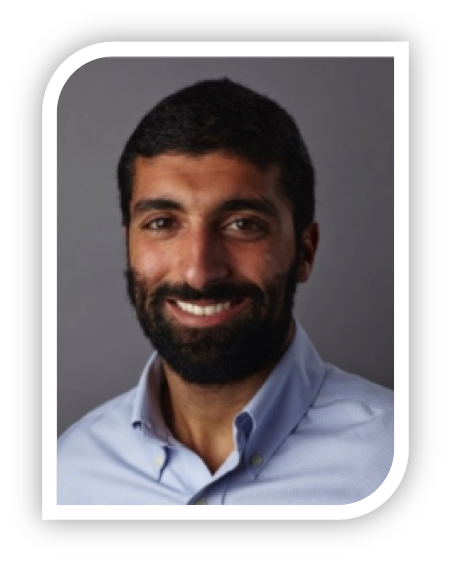5 Questions: Dr. David Atashroo
Posted on June 07, 2016 |

David Atashroo, MD is a physician affiliated with UCSF Medical Center who is committed to helping patients facing serious illnesses communicate their wishes and ensure that they receive the care they want. We asked him our "PRAXIS Five Questions" to learn more about his views on patients guiding their own end-of-life journeys.
What do you think is the biggest misconception about end-of-life care?
That you don’t have options, so if you delay thinking about it, it won’t make a difference. So many don’t realize that there is a tremendous informational asymmetry between what healthcare providers know and what even experienced patients know. Reflecting on your wishes, sharing your preferences with family and friends, planning for your future – these things aren’t about the end, they are about maximizing joy and opening doors so that you can get the best care possible.
What do you think is the single most promising practice in this care right now?
The most promising practice for maximizing joy and minimizing suffering is the field of palliative care. Many patients unfortunately equate palliative care with hospice, but nothing could be further from the truth. The sad reality is that so few people realize they have this amazing benefit available to them until far too late. In this, they miss the opportunity to enjoy all the specialized care that palliative medicine has to offer.
If you had a magic wand, how would you improve how we address end-of-life issues?
Every person, when they feel strong, stable, and doing well, would have an open conversation with their family and friends about what is important to them and explore options for care. They would make sure everyone was on the same page and communicate their wishes verbally, and in a written plan, in the presence of all the loved ones who may be called upon to make a decision for them. They would understand what makes a good proxy, and equip one person with the honor of guiding their medical decision making when they are no longer able to.
What is one aspect of end-of-life issues you think is too often overlooked?
Creating an ACD (advanced care directive) is not enough. Sadly, even just having the conversation once with one loved one is not enough. It takes a team to make sure your wishes are honored and lighten the load when death approaches. Everyone who may be involved in your care at the end of life needs to hear your wishes from your lips and be on the same page. Then they need to hear it again and again as your health changes and your thoughts evolve. End of life planning is not a singular event. It, like life, unfolds wave by wave. So this conversation needs to be transformed into the never-ending story, one that is continually being written, and that is always a joy to go back to. If this is not the cadence, discord and uncertainty creep in, and strive will often arise when decisions need to be made.
What do you think will be your most important contribution to improving the lives of patients?
Creating space to listen to what is in their heart, before ever trying to “treat” them.
This page was reviewed on March 3, 2020 by the COPD Foundation Content Review and Evaluation Committee